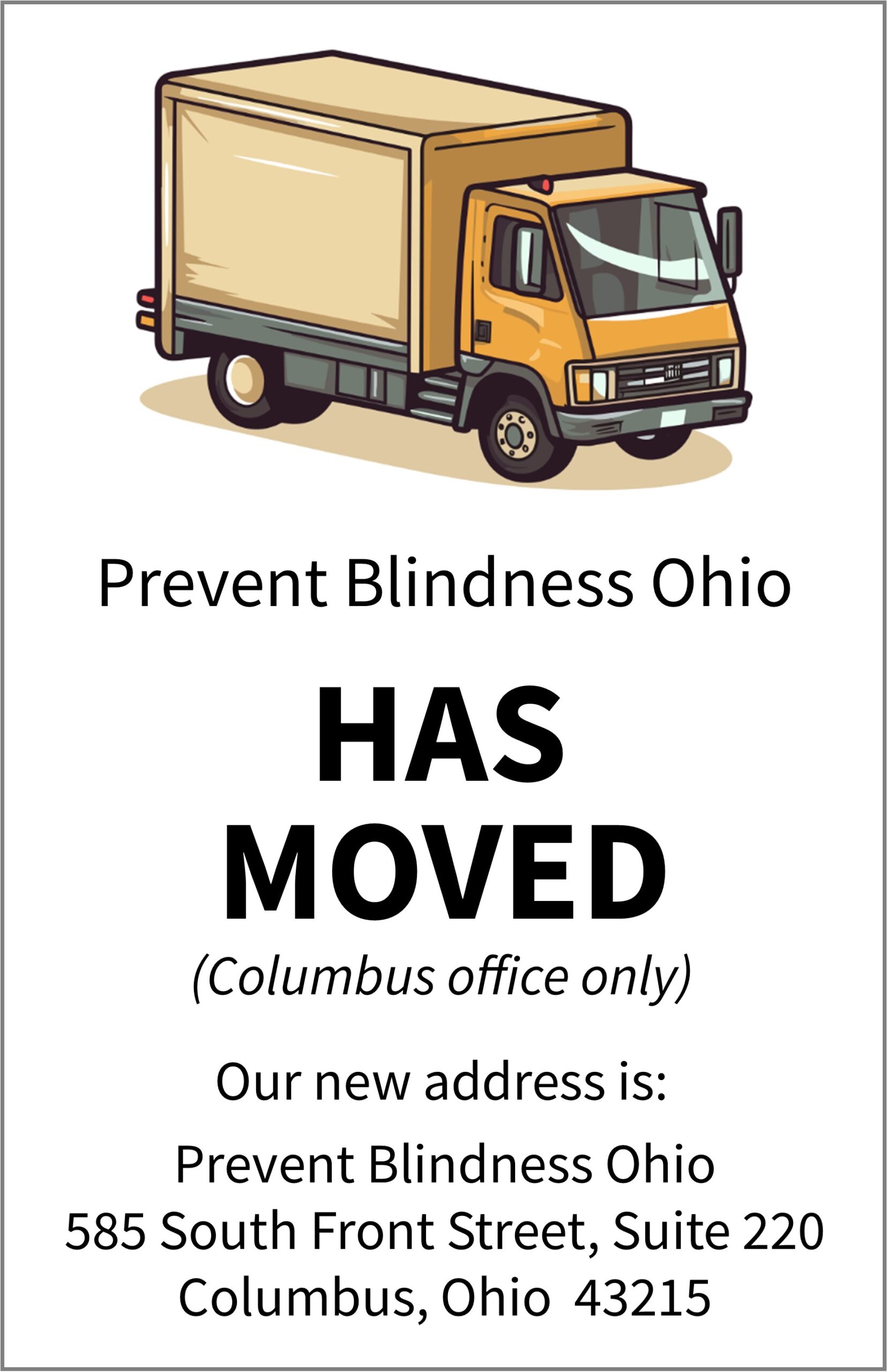You may be wondering if there are there nutritional supplements that can help your vision. Below is some information regarding studies done to see if nutritional supplements can help prevent vision loss from age-related macular degeneration (AMD) and cataracts.
Age-related Macular Degeneration (AMD)
AMD is a disease that affects part of the back of the eye called the macula, the central part of the retina. This can cause the center part of your vision to become blurry or wavy. It could also cause a blind spot in the center of your vision.
Cataracts
A cataract is a clouding of the eye’s lens, which blocks or changes the passage of light into the eye. The lens of the eye is located behind the pupil and the colored iris, and is normally transparent. The lens helps to focus images onto the retina – which transmits the images to the brain. Your vision may become blurry or dim because the cataract stops light from properly passing through to your retina.
Age-Related Eye Disease Study (AREDS)
Age-Related Eye Disease Study (AREDS) was a study to examine if the daily intake of certain vitamins and minerals could reduce the risk of cataract and AMD. In 2001, the National Eye Institute (NEI) released findings from AREDS. The initial AREDS findings found that pharmacological-level doses of zinc, vitamins C and E, and beta-carotene along with copper may help slow the progression of AMD only in people who were at high risk of developing advanced AMD – those with intermediate AMD in one or both eyes and those with advanced AMD in one eye but not the other. Unfortunately, these nutrients did not lower the risk of cataract development.
Living a Healthy Lifestyle
Lifelong good nutrition may lower the risk of some eye diseases. A diet rich in certain dark green vegetables may reduce the risk of AMD. You can also help your general eye health by avoiding smoking, staying active and controlling your blood pressure.



